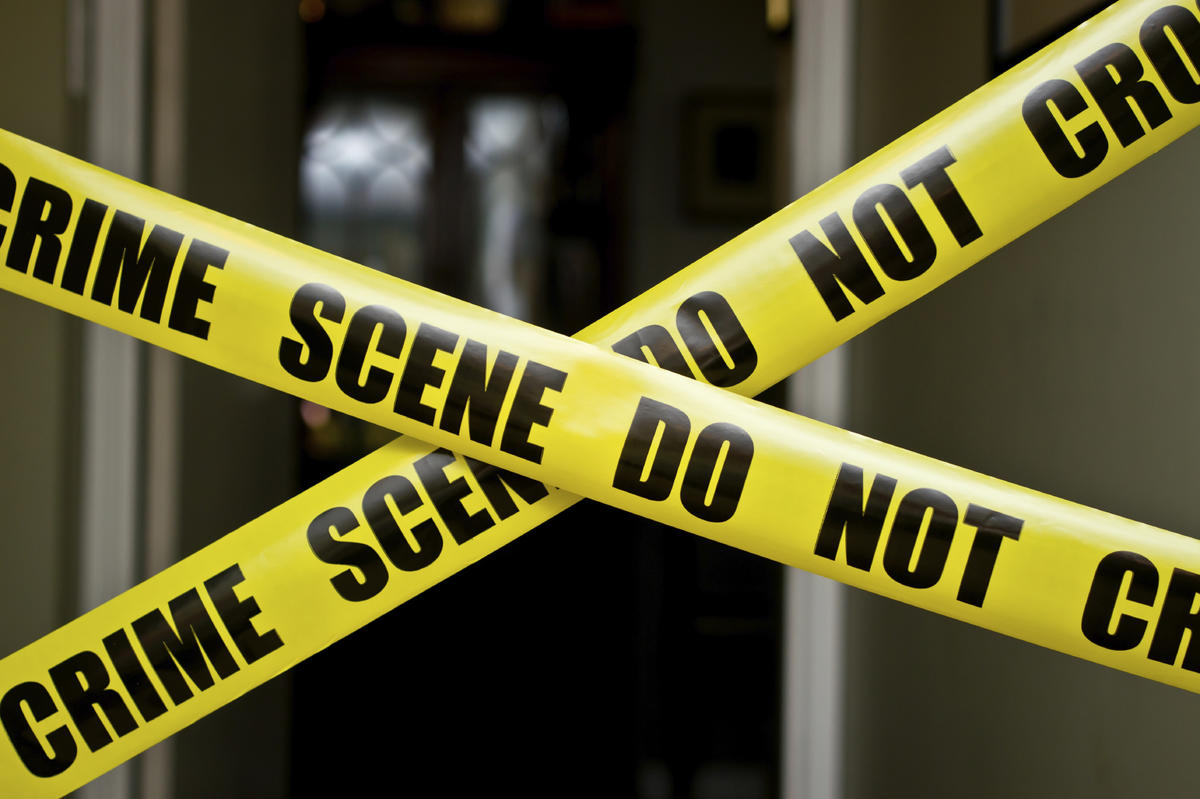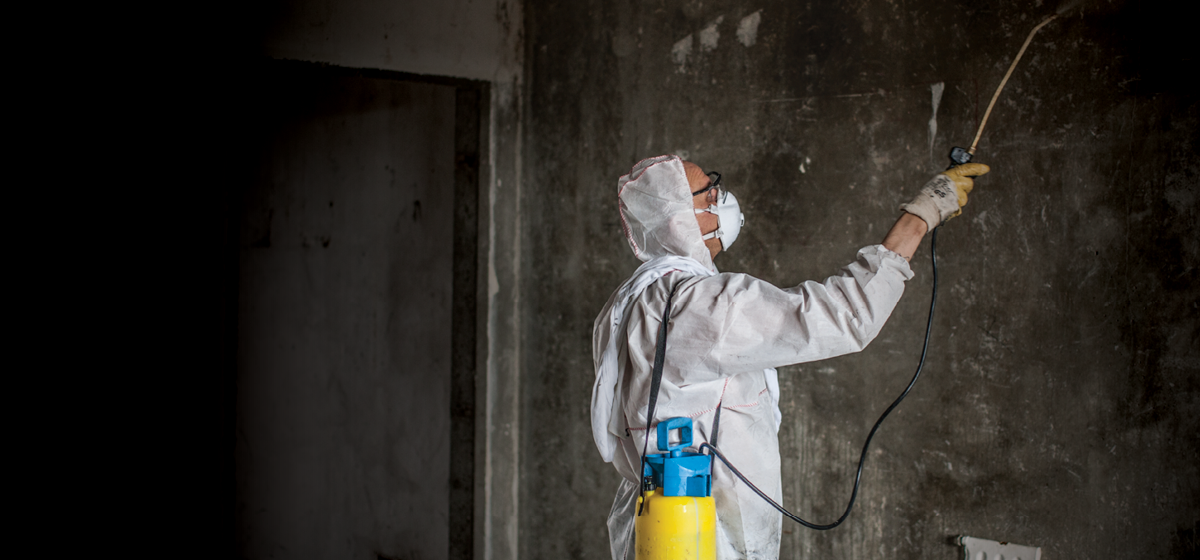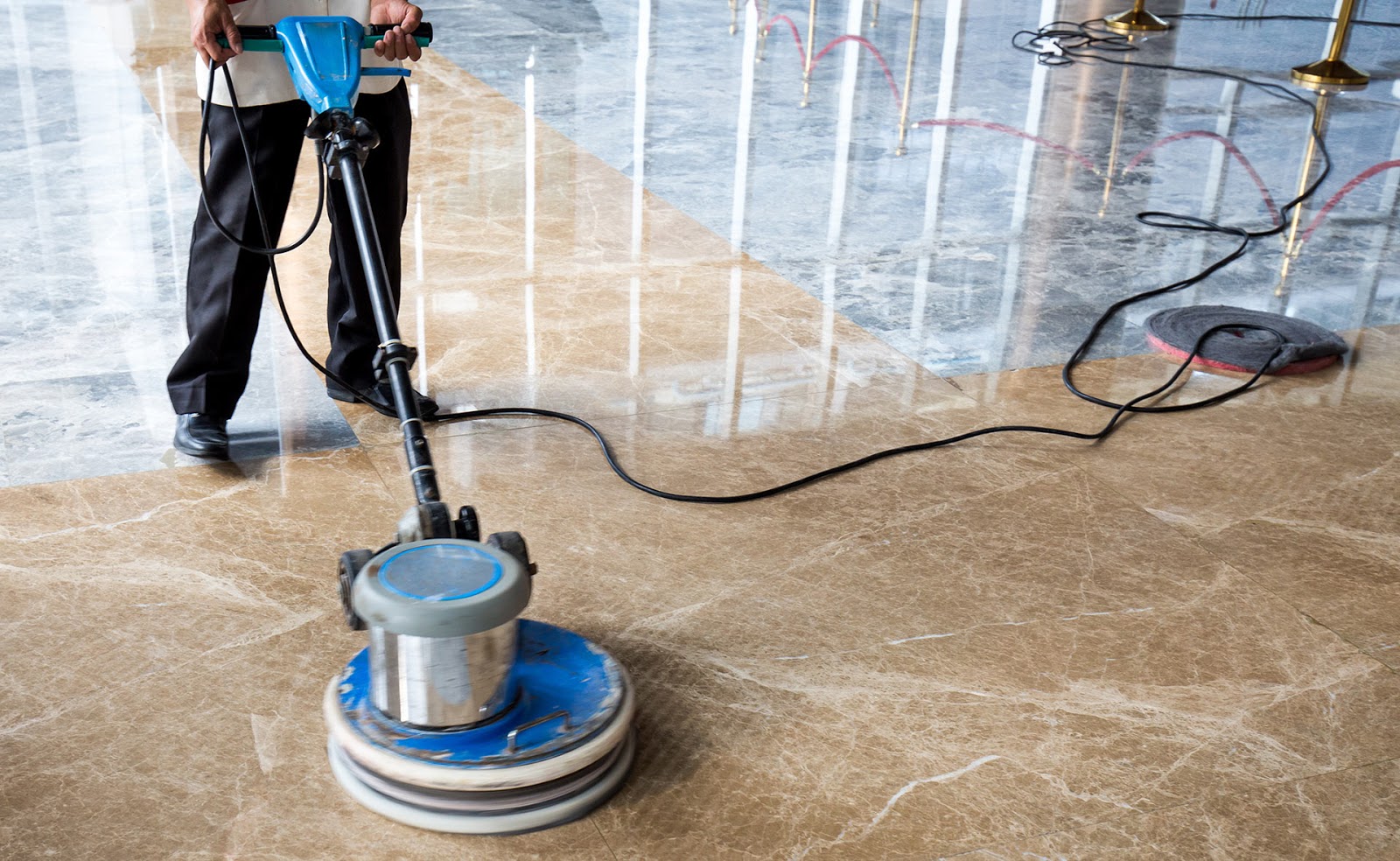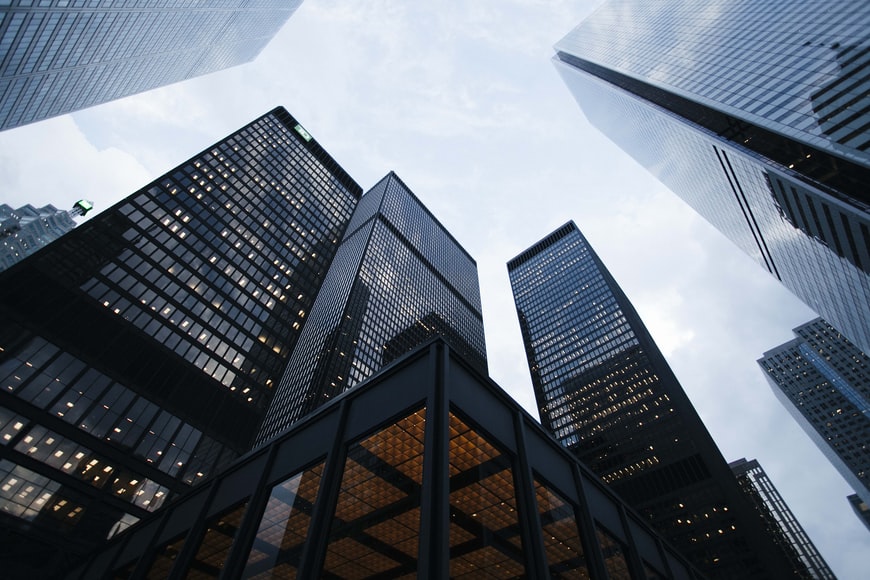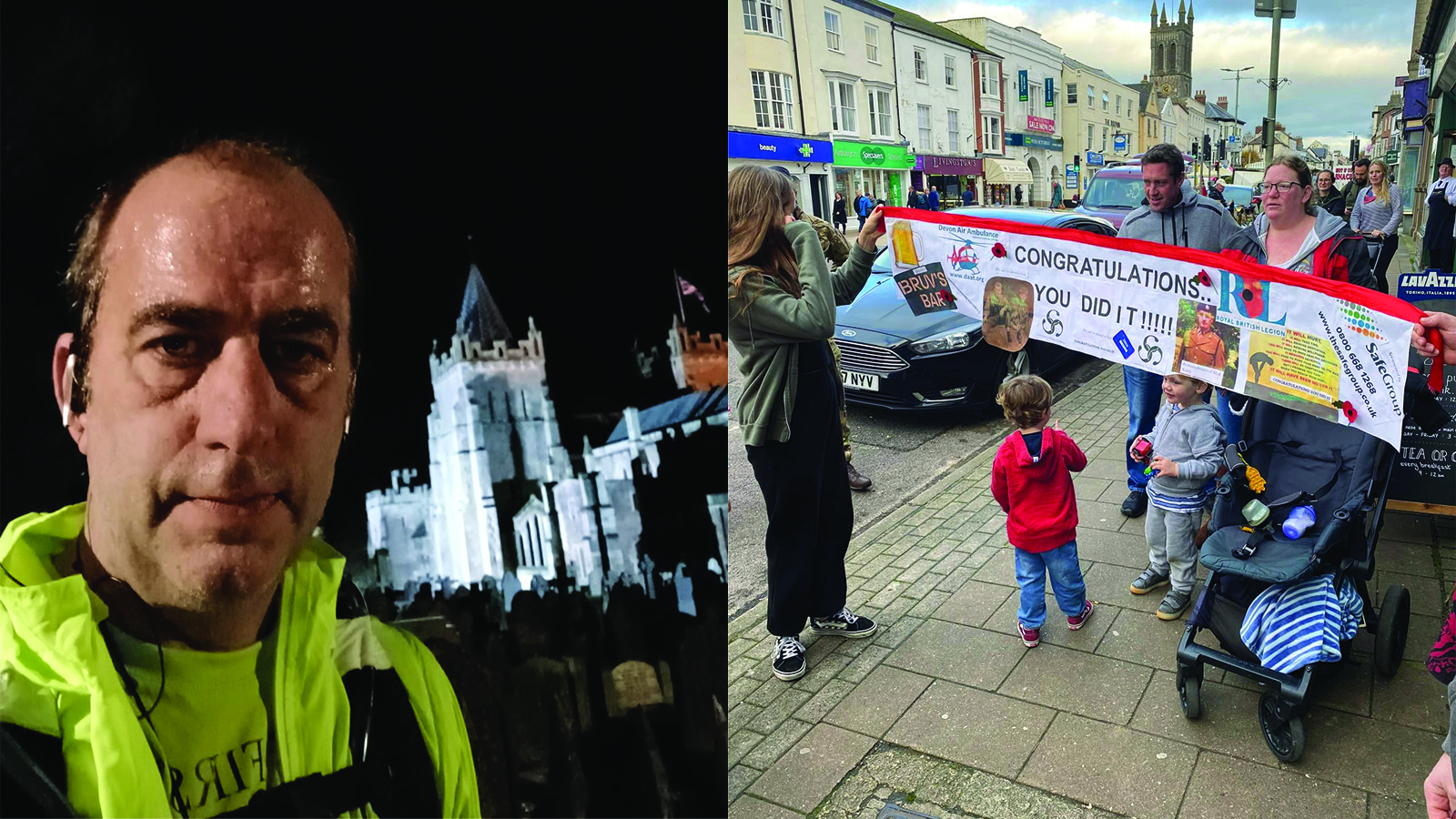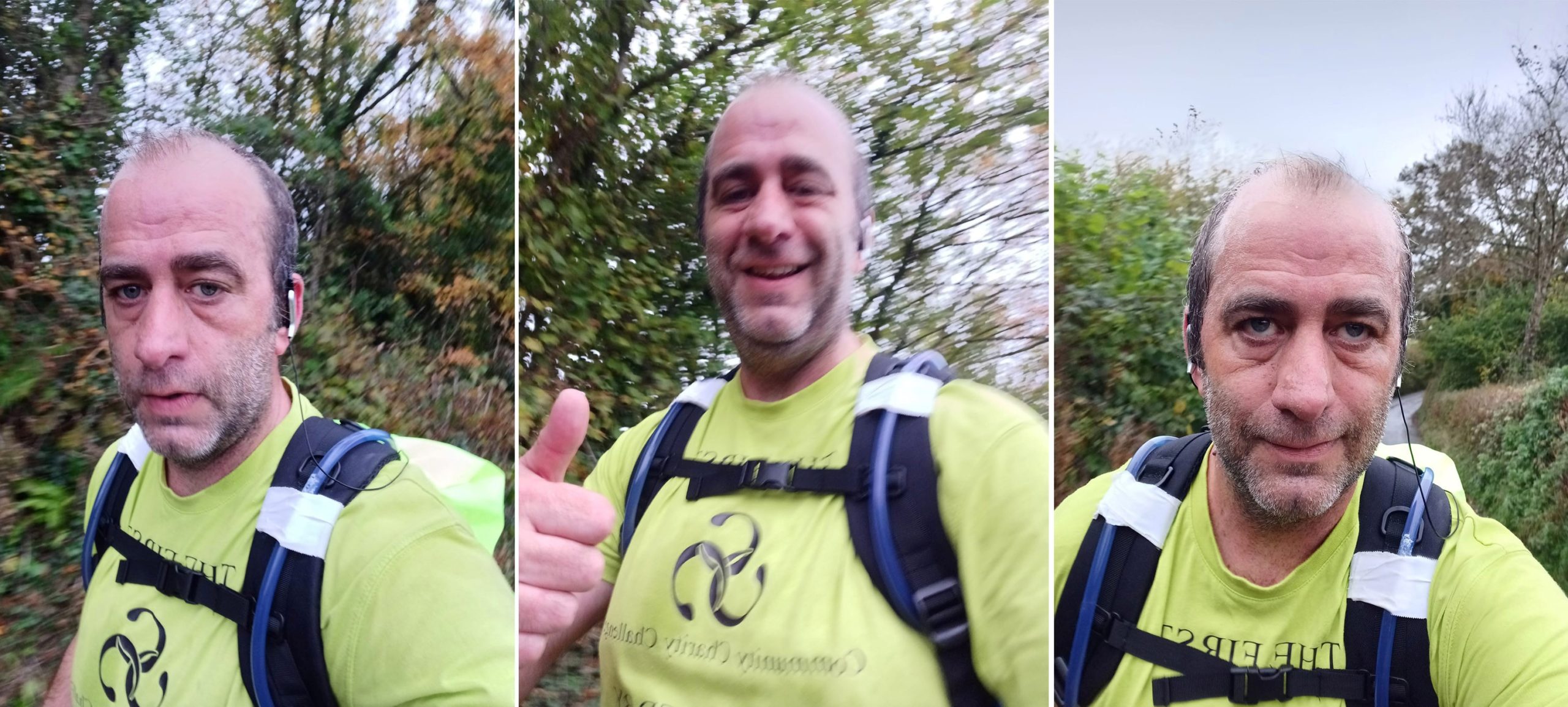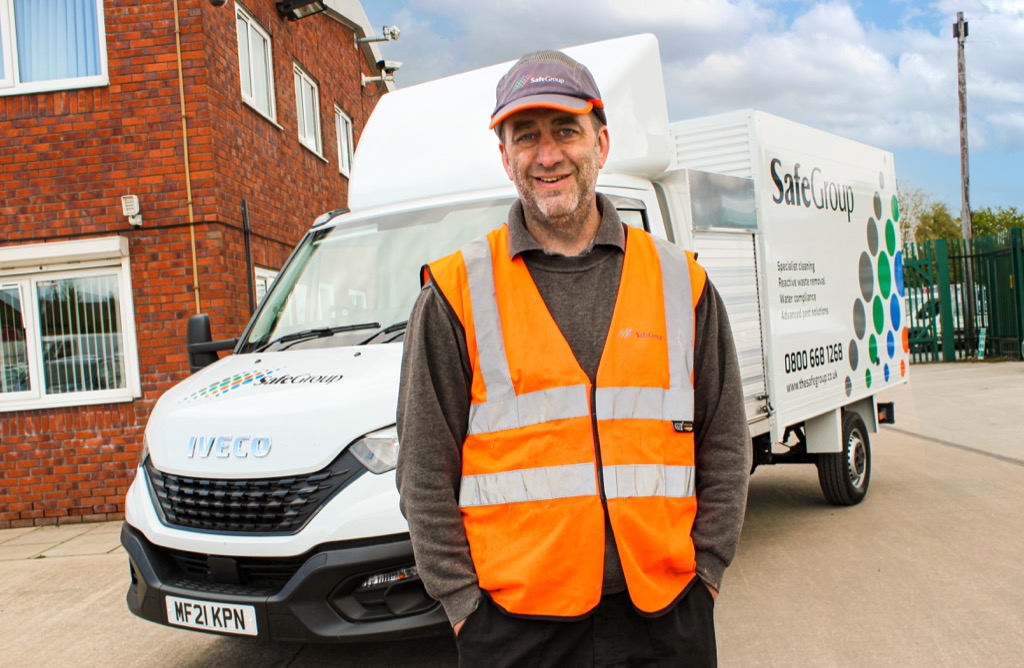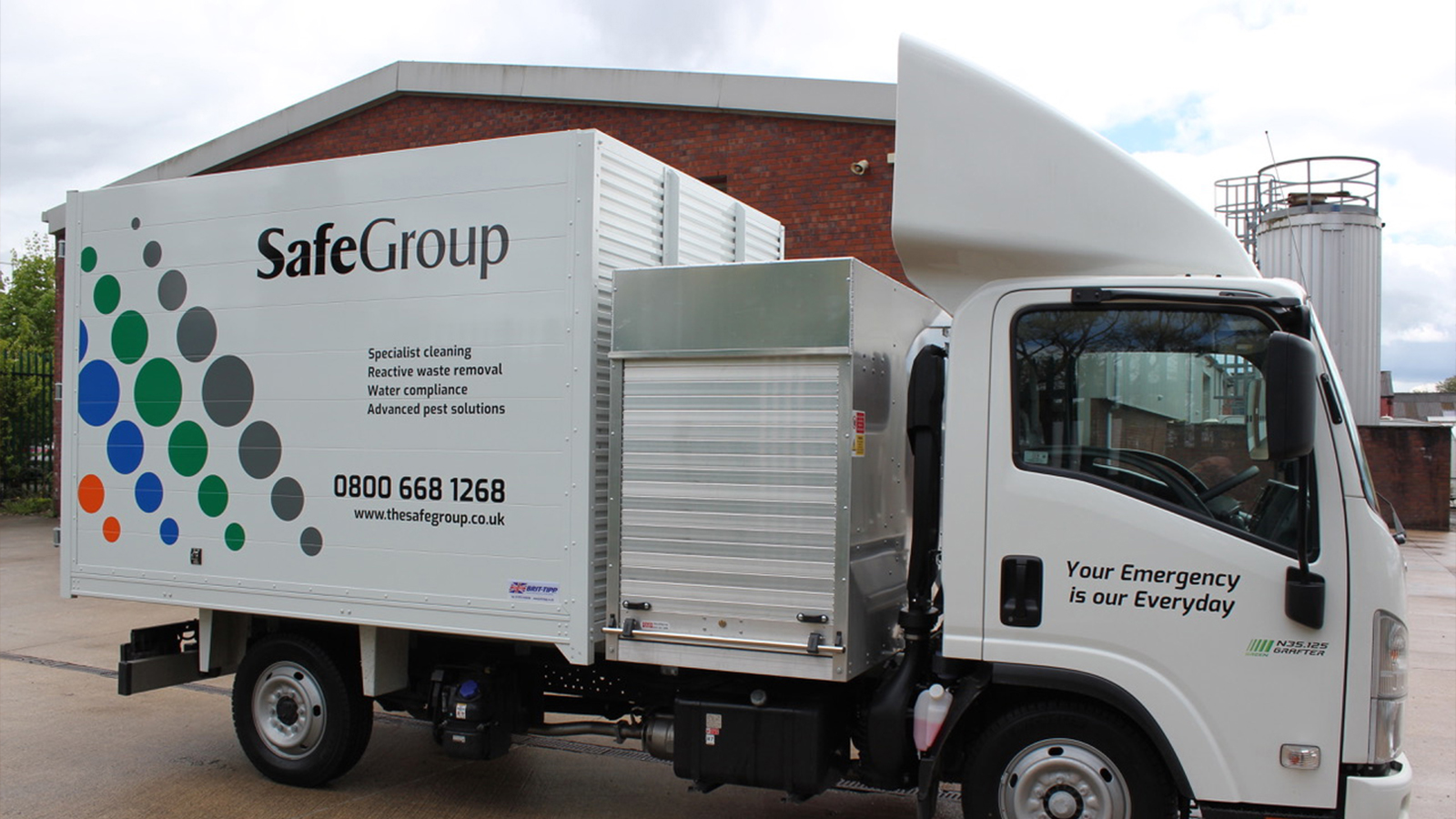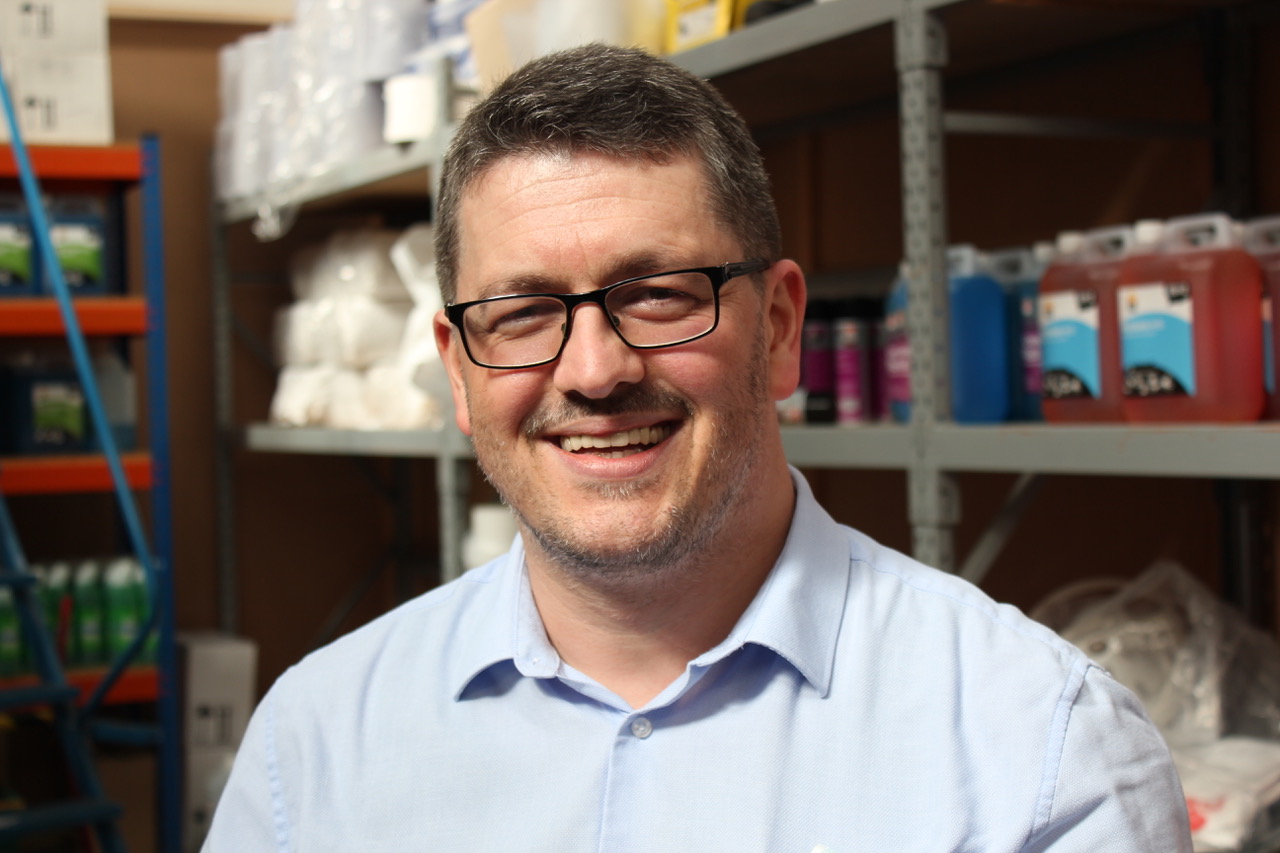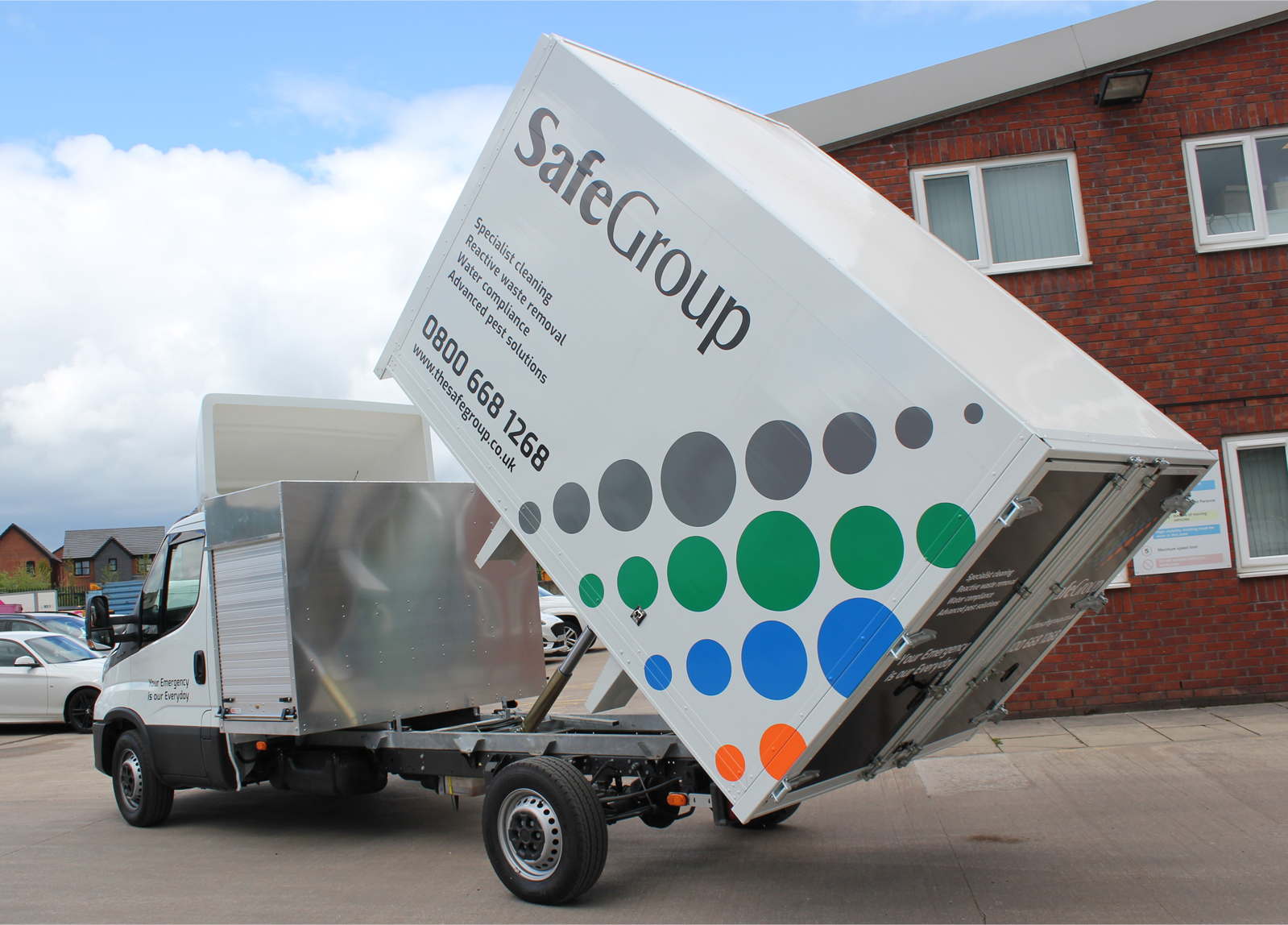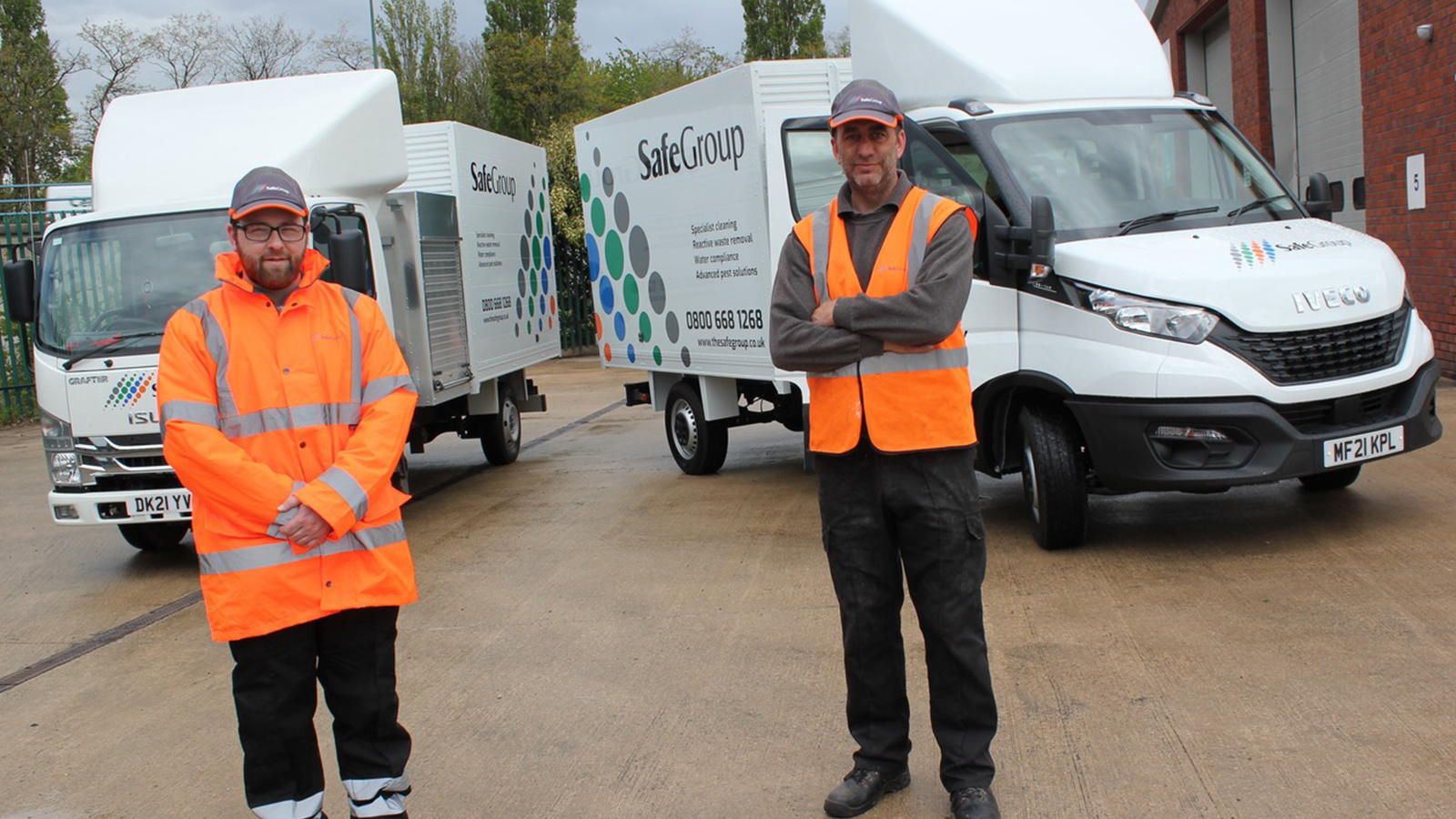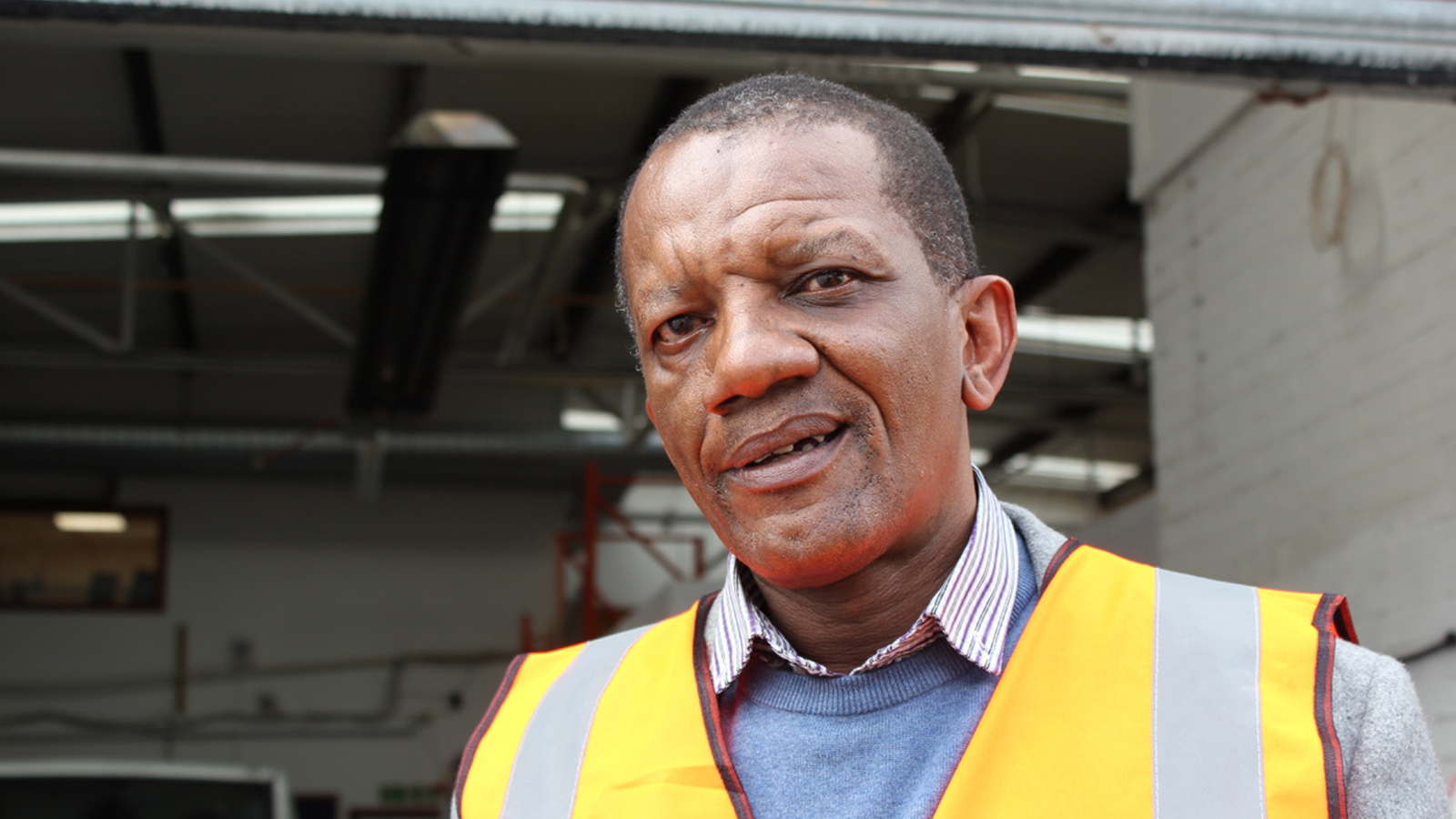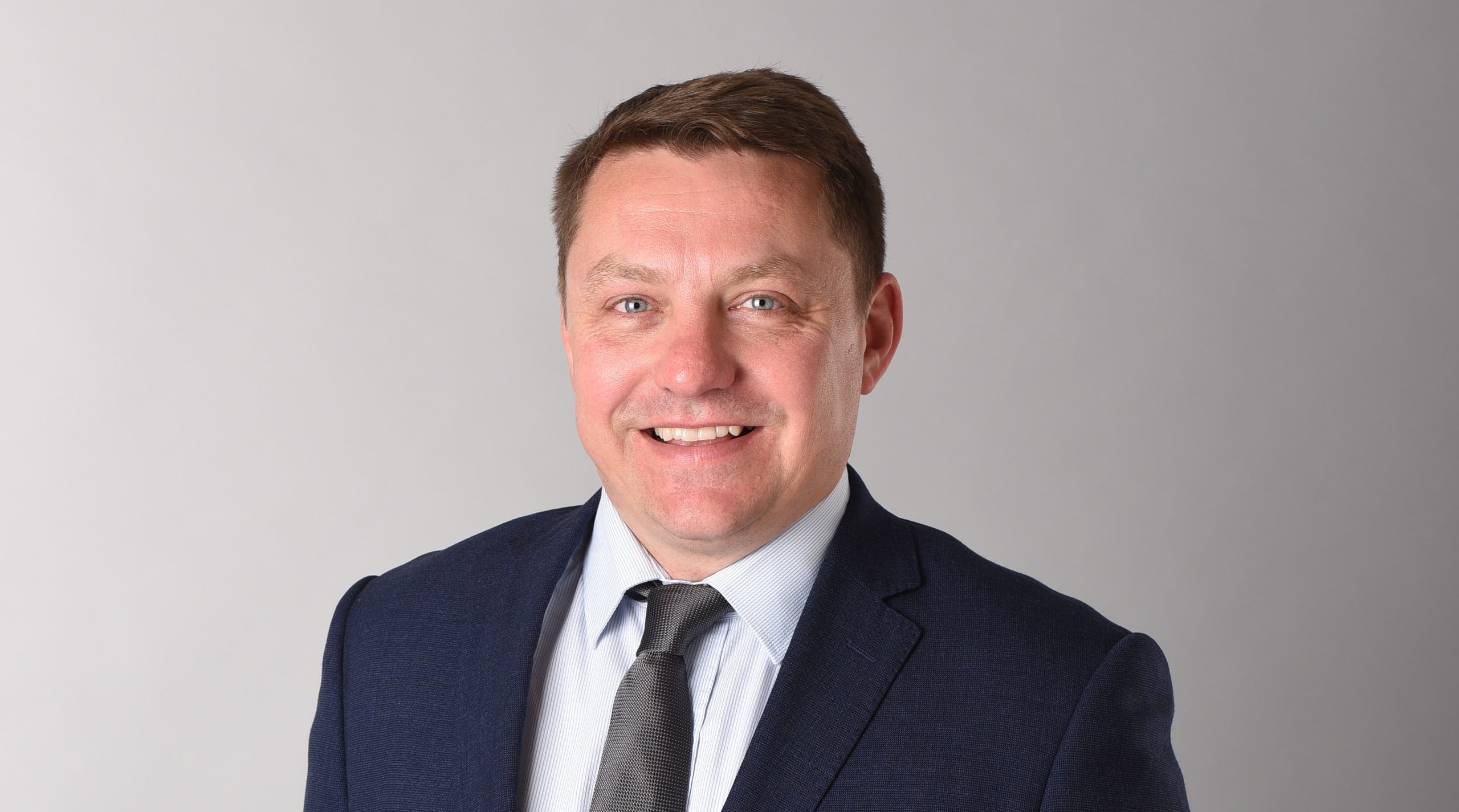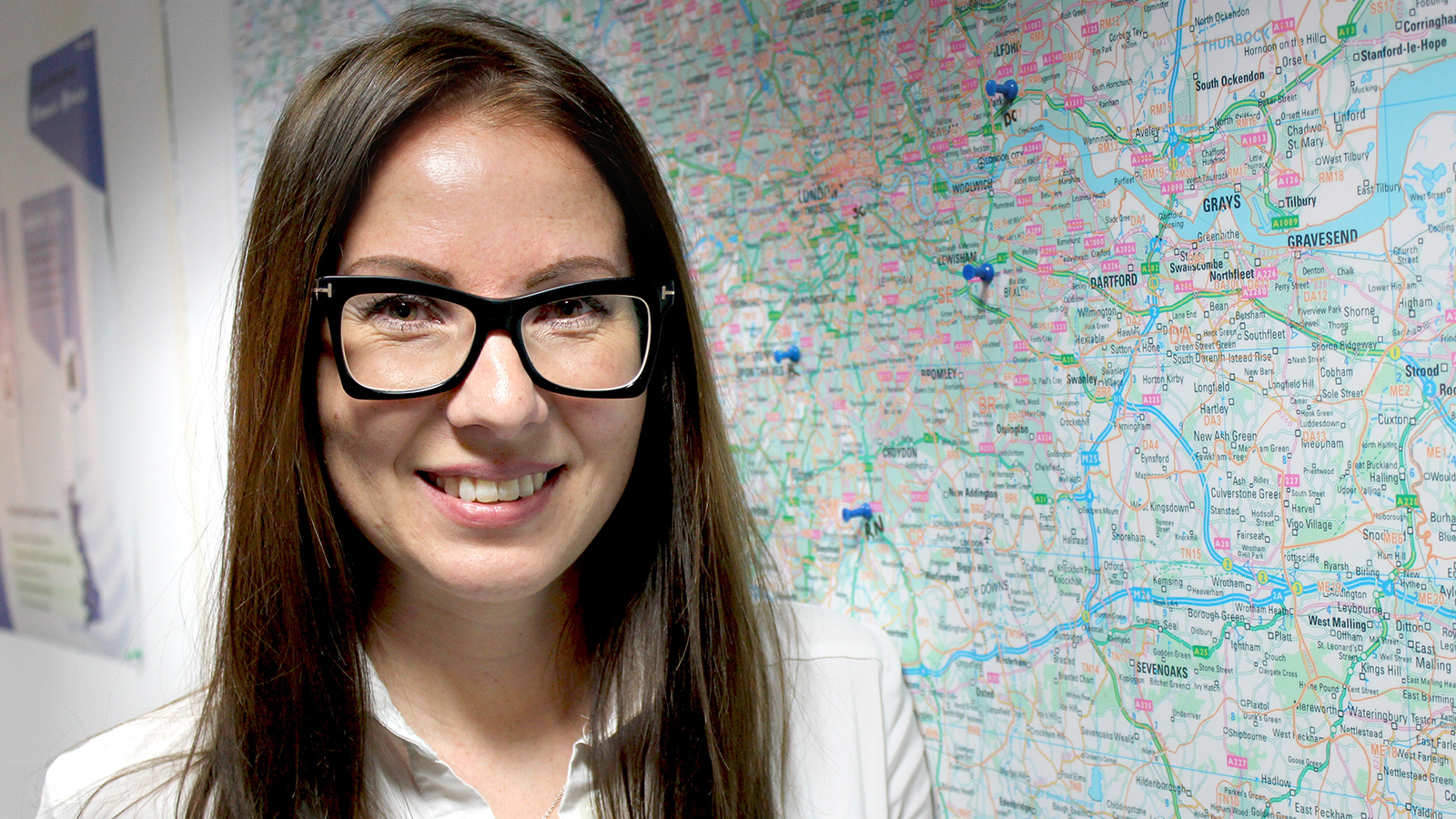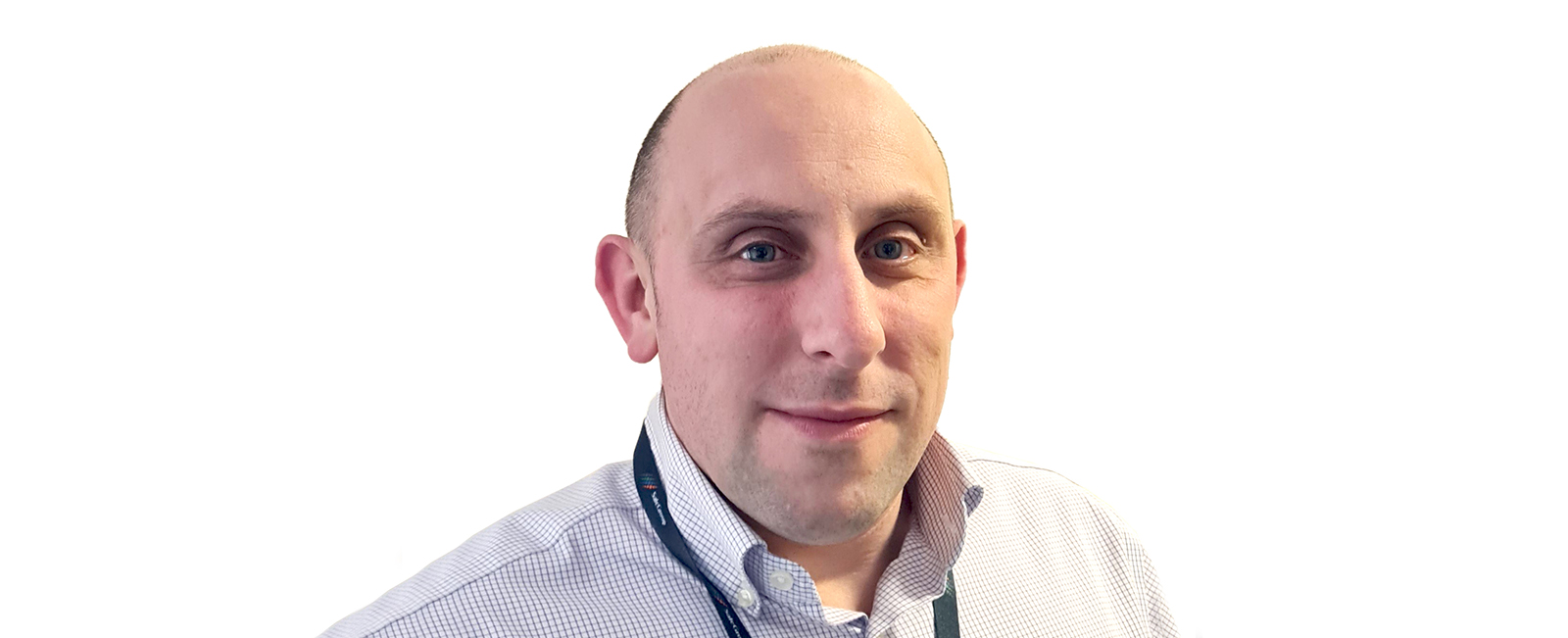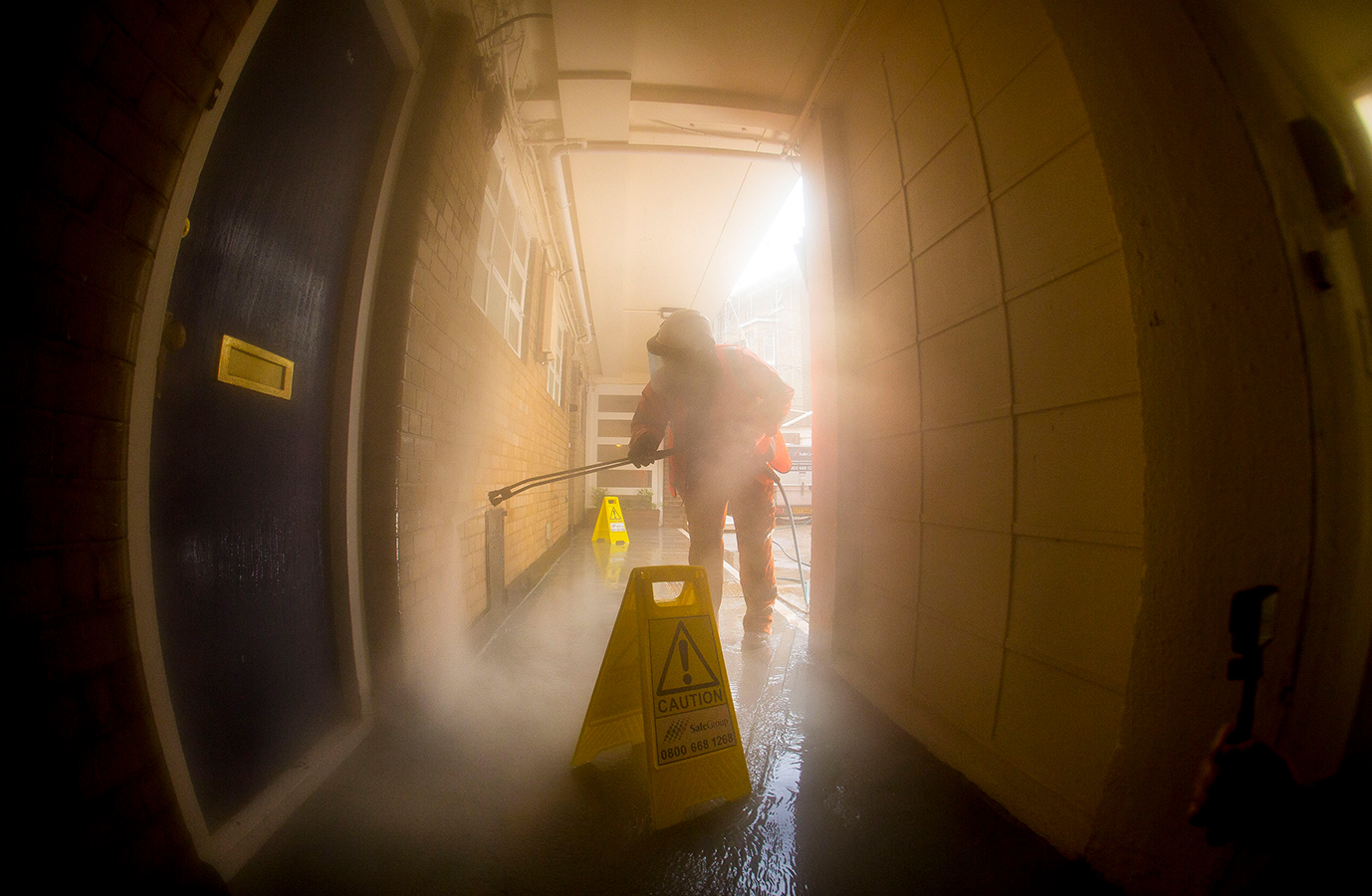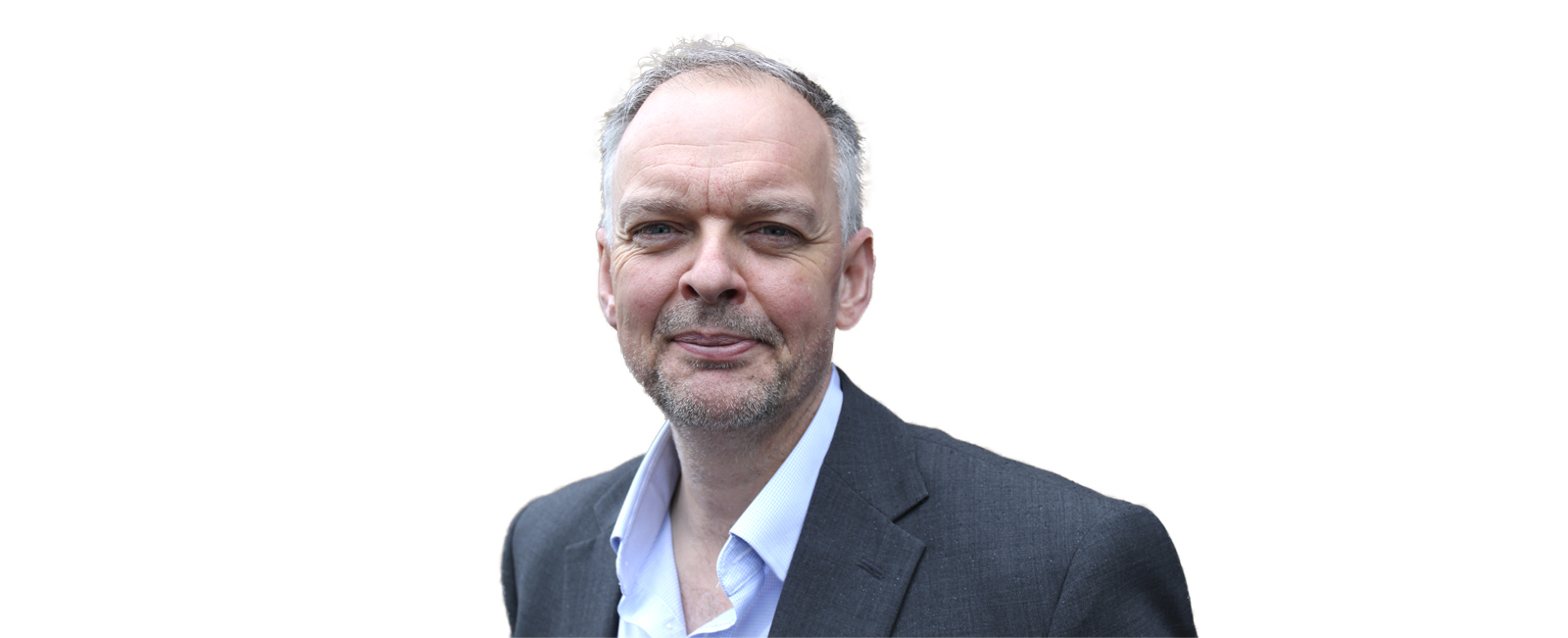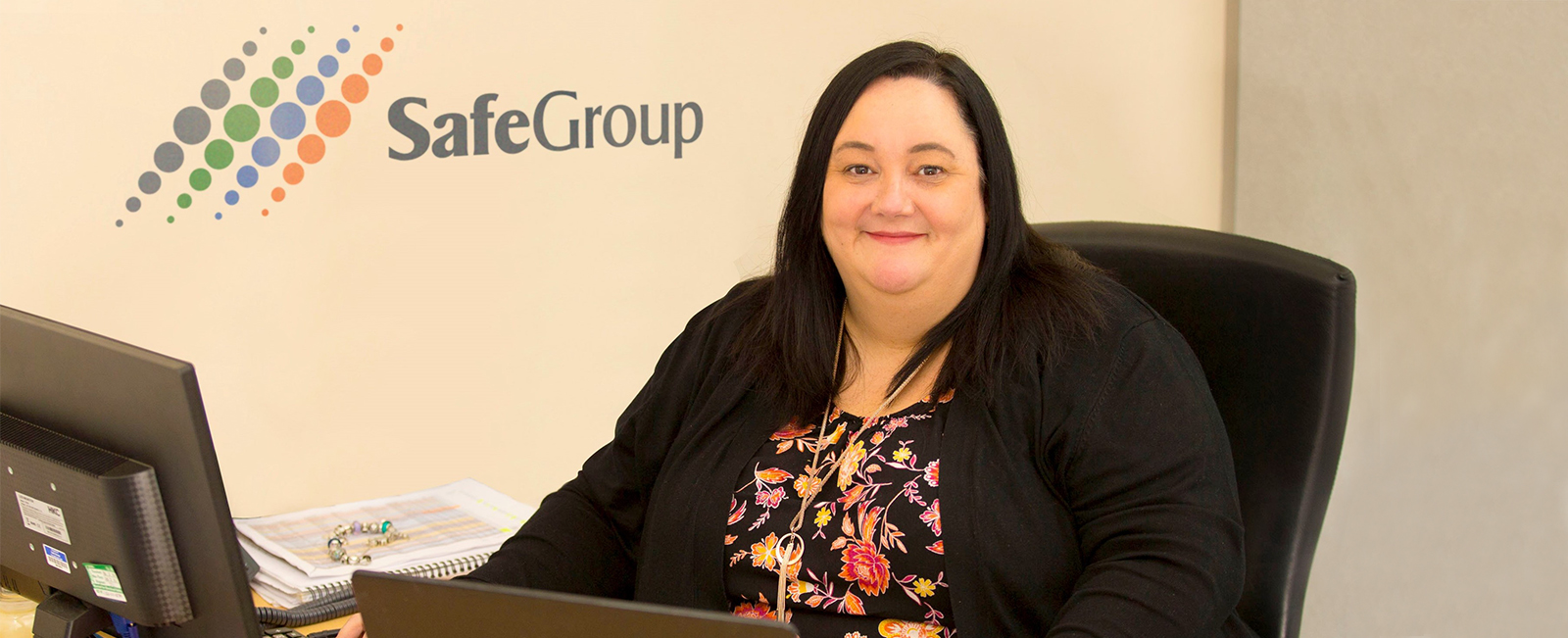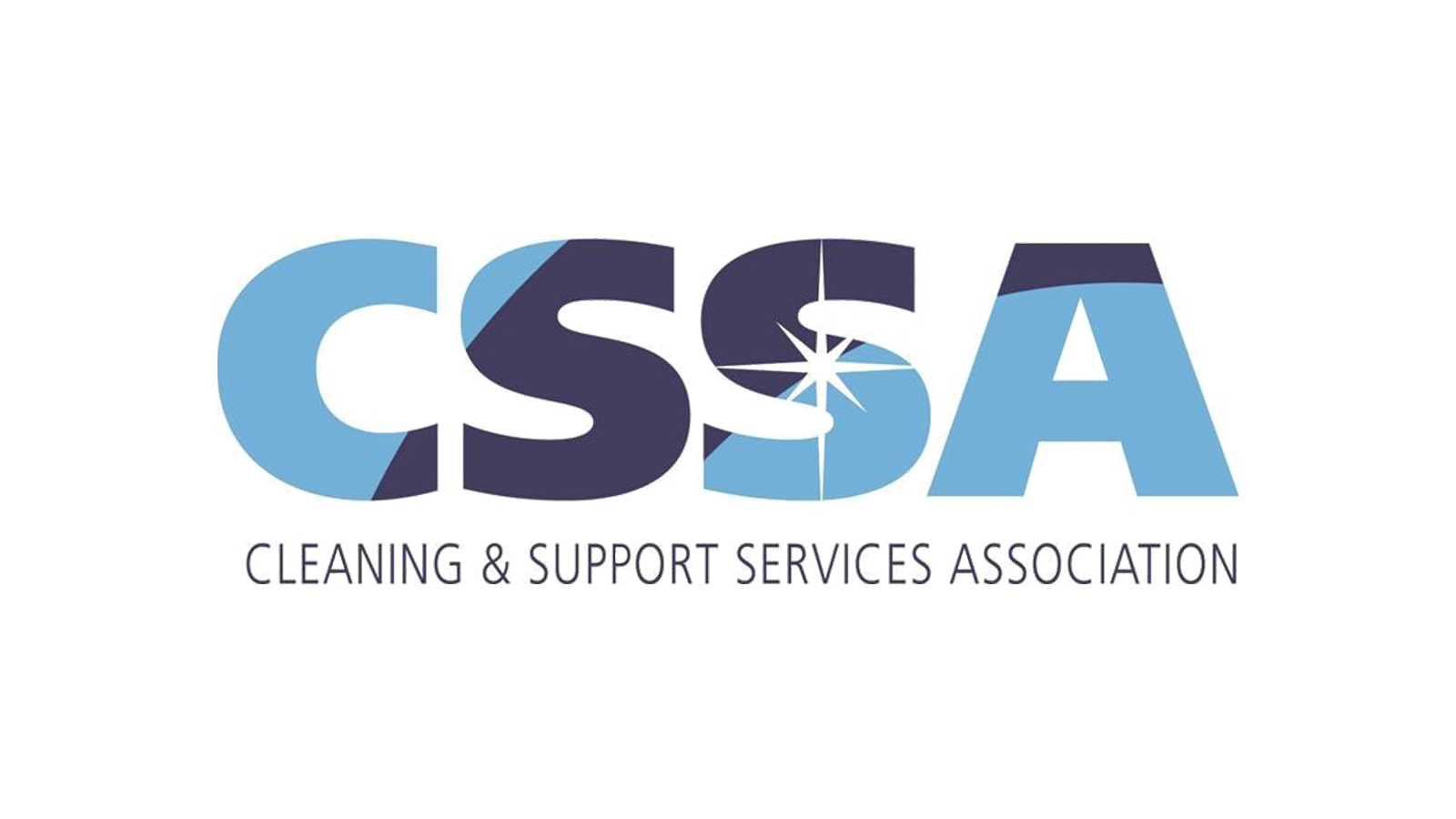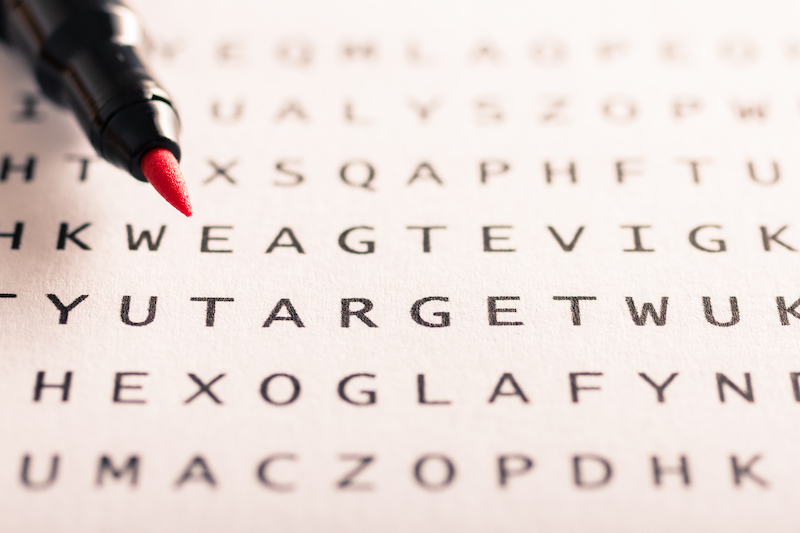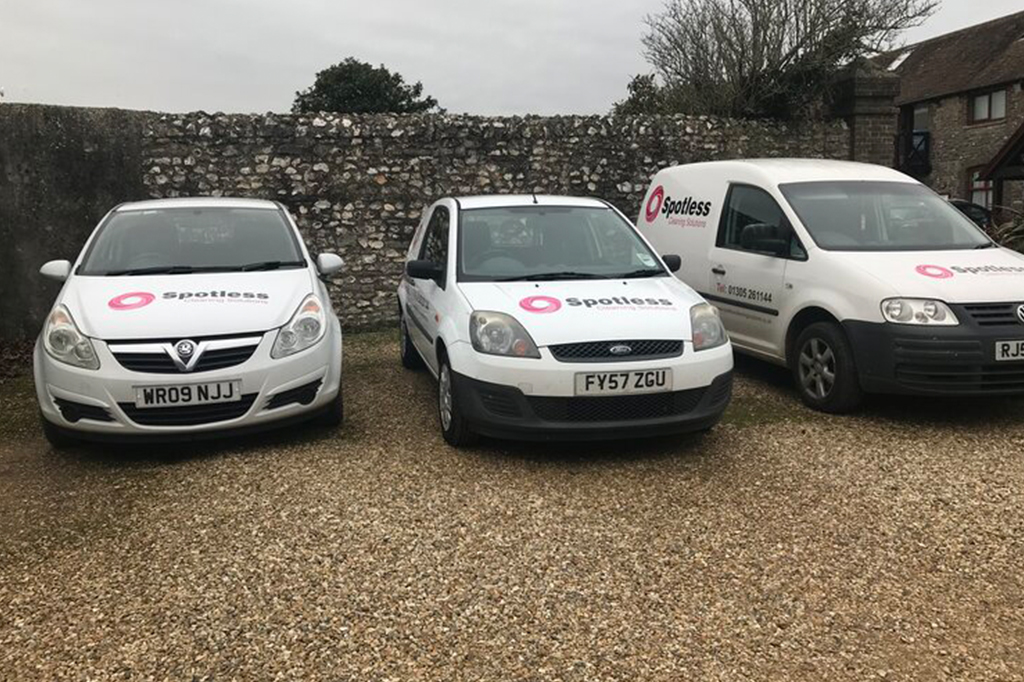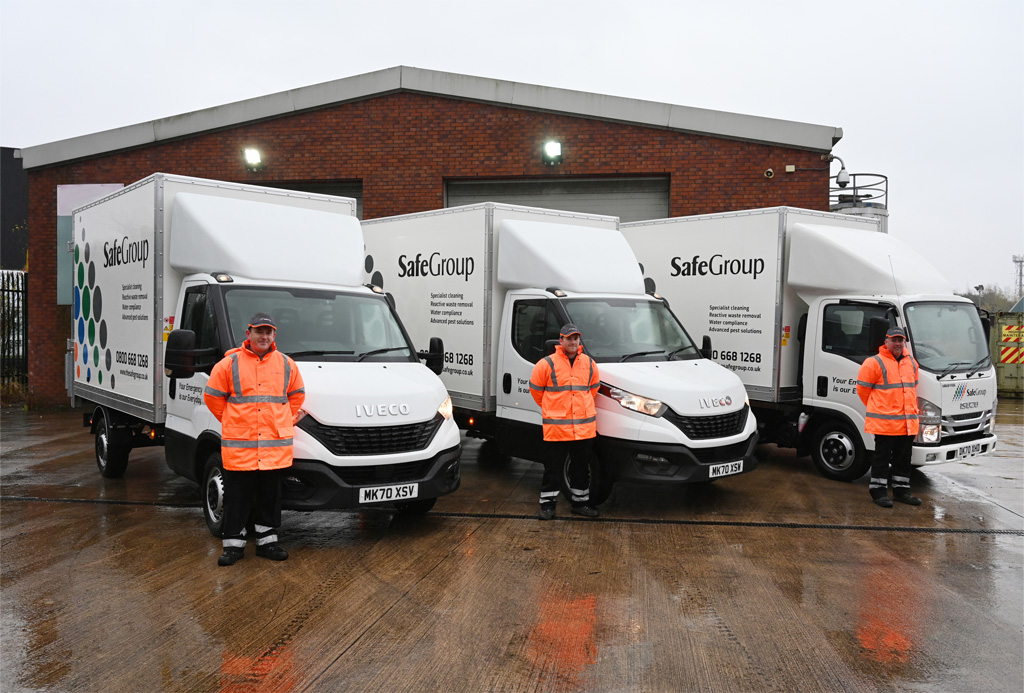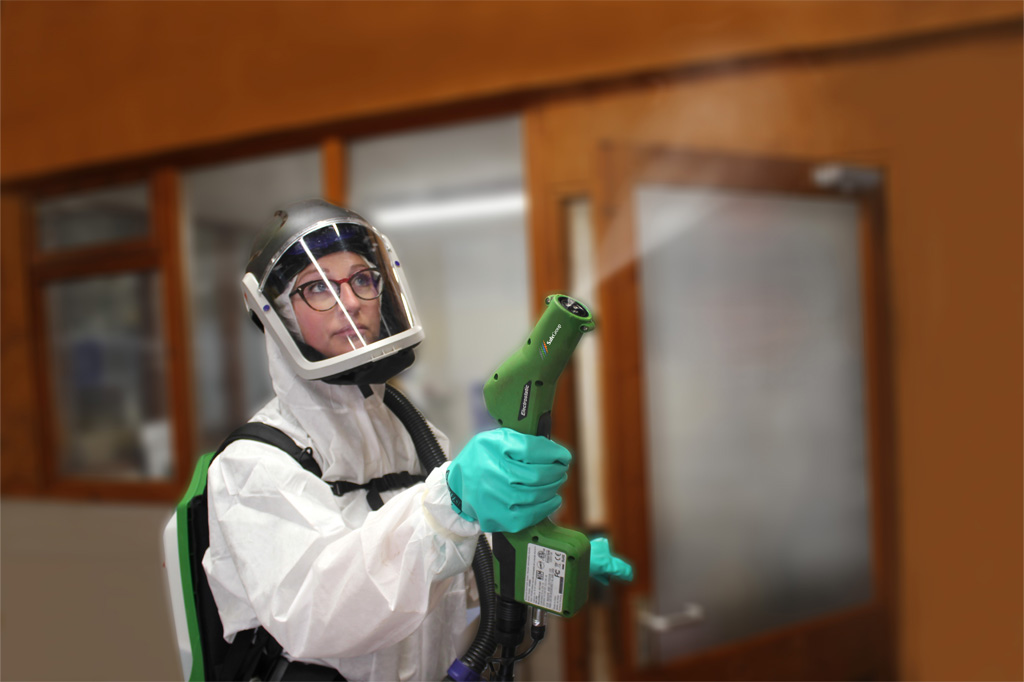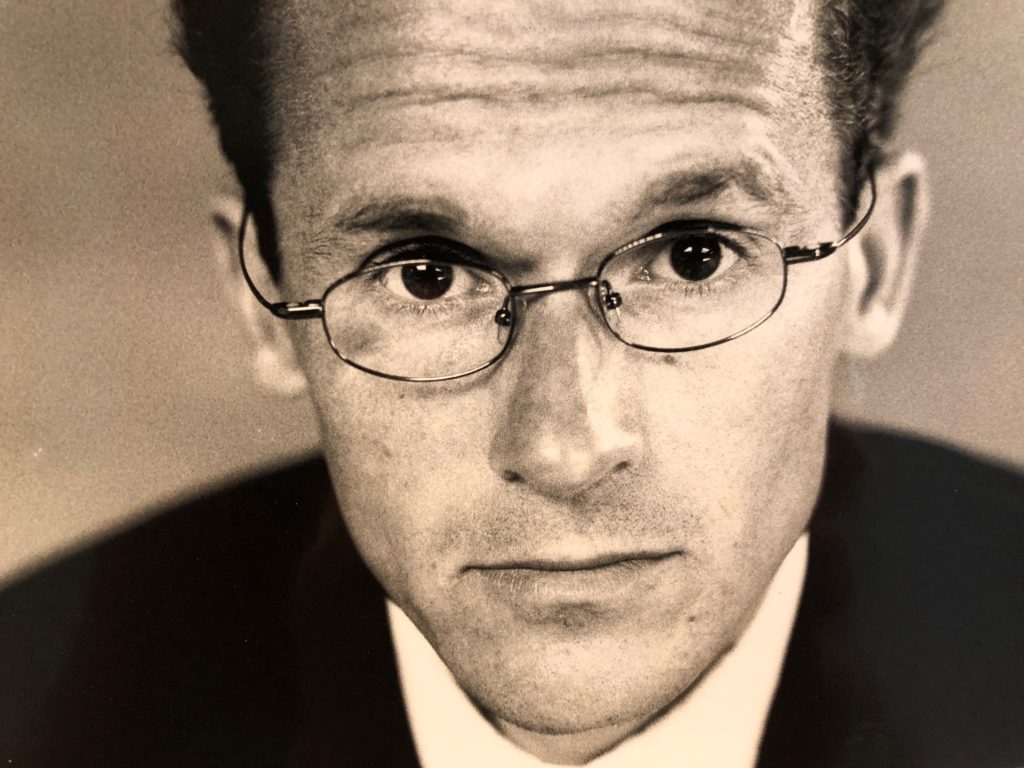Why proper crime scene cleaning is important
A crime scene is filled with biohazard materials like blood and bodily fluids which may contain several kinds of bacteria, viruses, and pathogens. If you don’t use the right equipment and cleaning resources you may be exposing yourself to serious illness or disease. There is also a chance you may spread it to others as any stains on your clothes can carry dangerous bacteria.
When a crime or accident requiring a clean-up is committed inside someone’s home, the transport network or business the damages can have a knock-on effect. The site location of the crime needs to be thoroughly cleaned to avoid any further contamination risk to other users of the property.
Professional cleaners and biohazard remediation specialists can decontaminate the scene and ensure that the space is completely safe before occupants can return. Protecting people from infections and removing any triggering reminders of death that could be traumatic.
Why you shouldn’t do it yourself
Handling a crime scene, accident or death by natural causes site can be highly delicate work and is never a good idea to do yourself. There may be biohazards to deal with and the typical homeowner, property manager or landlord may not be prepared or qualified for this.
Deadly pathogens
Whatever the crime, serious biohazards are almost always present in a crime scene: blood, urine, feces, and rapidly deteriorating biological matter are usually present and begin to degrade immediately after being exposed to air, increasing the danger of an already toxic environment.
Blood in particular can become lethal even before the degrading process starts as it is full of invisible and deadly pathogens. Cleaning it sufficiently to remove those pathogens absolutely cannot be done with over-the-counter detergents. The longer a crime scene is left undiscovered then the more toxic it becomes. Often detectives will need a longer investigation and the scene cannot be touched or cleaned for several days leaving it to fester. By the time the area can then be cleaned there is now a cesspool of deadly pathogens and bacteria
Risking the investigation
If the property is considered to be the scene of a crime, you most likely will not be allowed to re-enter the property for a period of time. This is so that detectives and police officers can properly investigate and collect evidence properly. If you enter the property too soon you may contaminate the area and put the investigation at risk.
Emotional trauma
Dealing with the loss of a loved one can be overwhelming, hit with the sudden responsibilities of dealing with their affairs, the last thing you want to think about is the clean up.
Most people are unprepared for the emotional trauma that comes with dealing with a crime scene. In addition to the health risks posed by the scene of a violent death, the sights and smells of the scene are almost always overwhelming and emotionally devastating.
As previously mentioned, a body begins deteriorating almost instantly after death and the smell that comes with a decomposing body permeates the whole environment including the walls, floors, furniture, linens and even clothes. This pungent smell does not disappear when the body is removed and can induce vomiting and even in extreme cases unconsciousness
The whole experience can be terribly traumatic for a loved one. That’s why a professional is able to understand your feelings and protect you from the trauma, providing empathy and support with the clean up.
Armed with specialist equipment, concentrated cleaning products, and decontamination methods, our team will effectively sanitise and clean up the entire crime scene, leaving it professionally deep cleaned and decontaminated. You should never attempt to clean up a crime scene yourself without the correct training, personal protective equipment, chemicals, and tools. Not only can it be dangerous but it can also be very traumatic.
How crime scene professionals work
- Training – Crime scene cleaners are properly trained in dealing with biohazards, technicians are trained and certified in bloodborne pathogen and chemical exposure.
- Personal protective equipment – Equipped with PPE technicians are kitted out with gloves, respiratory gear, and biohazard suits specifically designed for bioremediation
- Cross-contamination prevention – By establishing three zones; control zone, buffer zone, and clear zone crime scene cleaners can separate contaminated areas from other parts of the building
- Disinfection – Crime scene cleaners meticulously disinfect the scene followed by testing the surfaces to detect if any living organisms have survived making sure that the ATP levels are 0 before considering the scene “clean”.
- Disposal – Once the crime scene has been thoroughly cleaned all materials are disposed of in marked biohazard containers limiting the chance of contamination
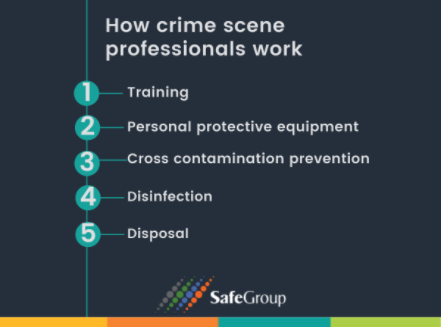
SafeGroup is one of the UK’s leading crime scene cleaning specialists. We work with emergency organisations, families, property managers and landlords as well as other agencies to ensure areas affected by traumatic incidents are cleaned safely and sensitively.
Learn more about what it takes to be a crime scene cleaner with our blog written by Safegroup founder Steve Broughton
For any more information call Safe group: 0800 668 1268

